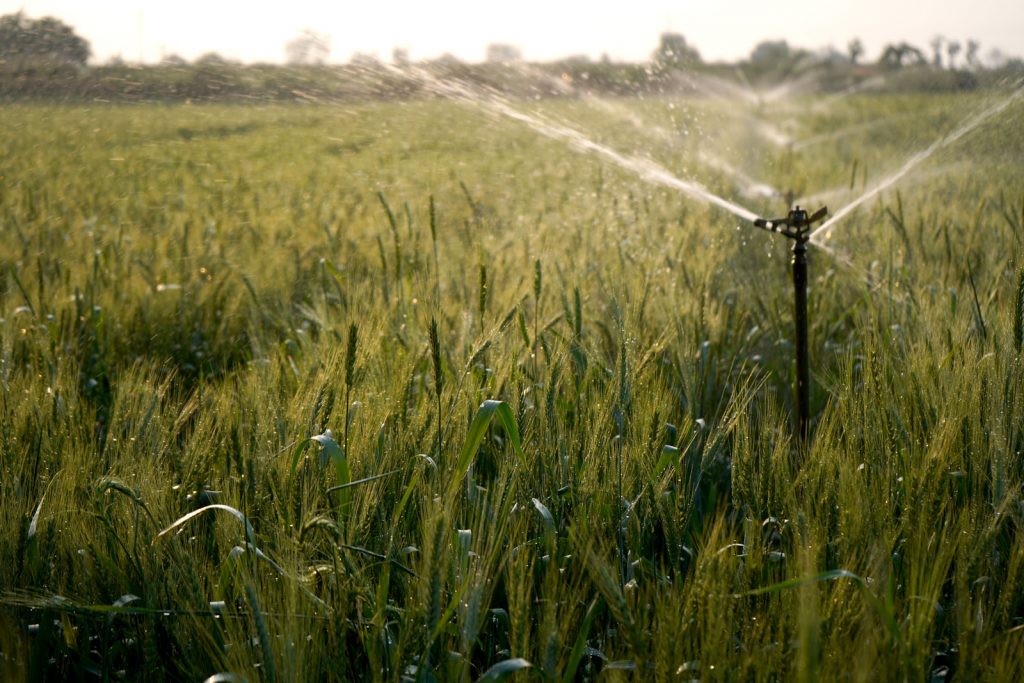

Organic farming is a cultivation method that rejects harmful substances such as pesticides, fertilizers and additives which have a negative environmental impact on soil, air, water, animals and humans. Instead, traditional cultivation methods are used, such as rotating field plantings and cycles of growing, and fertilizing only with natural substances.
In recent years, the attention to the advantages deriving from organic farming has generated increasing interest. In the European Union, 8.5% of the useful agricultural areas are dedicated to organic farming. The target for 2030 is to raise that to 25%. This will help bring about a more sustainable food system as well as a real protection of biodiversity.
The countries of the European Union are the world’s largest exporters of wheat. Italy is the first producer of durum wheat in Europe and the second in the world with 1.2 million hectares (about 3 million acres) and about 4 million tons. The label Made in Italy ensures goodness and freshness.
Organic farming is highly regulated. Organic cultivation must adhere to a series of principles and production rules. First of all, the seeds to be planted must be strictly natural and chemically untreated. All organic farming is based on a system known as “alternative principles”. These are methods used since ancient times that guarantee the health of the soil, and follow the natural cycle of the seasons, Crop rotation, mechanical processing (instead of chemical processing), the use of animal fertilizers and integrated pest management are the basis of organic agricultural production.
natural resources are protected through the reduction of sources of pollution. The soil becomes much stronger, more vital and compact thanks to cover crops, rotations and minimal tillage. The climate also benefits from the health of the growing environment and the elimination of harmful chemicals and pollutants.
organic farming preserves the diversity of flora and fauna, pollinators and parasite predators.
the food resources needed by the population can be produced with a minimum use of energy and water, paying careful attention so that farmers are able to avoid wasting these precious natural resources
well-defined laws and regulations guarantee a productive balance, with the principles of fairness and transparency ensured.